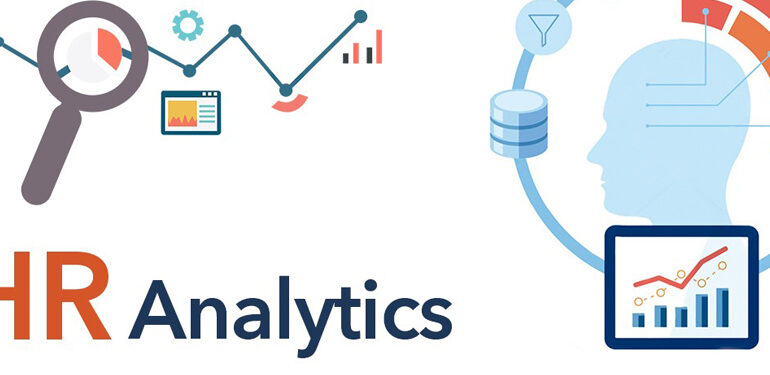Measuring eHR Success: KPIs and Metrics to Watch
Introduction
Welcome to the world of eHR, where technology meets human resources to streamline processes and improve organizational performance. Measuring eHR success is crucial for any business looking to optimize their HR operations and enhance employee experiences. In this article, we will delve deep into the key performance indicators (KPIs) and metrics you should watch to ensure your eHR system is delivering the results you desire.
So, whether you’re a seasoned HR professional or just beginning to explore the eHR landscape, this guide will provide you with insights and knowledge to make informed decisions about your HR technology. Let’s get started on this exciting journey!
Understanding eHR Success
In this section, we will define eHR success, giving you a clear understanding of what to aim for and how to achieve it.
What is eHR Success?
eHR success is the achievement of optimal results through the implementation and utilization of electronic Human Resources systems. It involves enhancing HR processes, improving employee engagement, and contributing to the overall success of an organization.
The eHR success journey requires a careful balance of various factors, from technology implementation to monitoring performance. In the following sections, we will explore the KPIs and metrics that play a pivotal role in this process.
Measuring eHR Success: KPIs and Metrics to Watch
Now, let’s dive into the heart of the matter. What key performance indicators and metrics should you monitor to ensure eHR success?
Employee Satisfaction
A happy workforce is a productive one. Measuring employee satisfaction through surveys and feedback is an essential KPI. It indicates how well your eHR system is catering to the needs and expectations of your employees.
Employee Turnover Rate
High employee turnover can be costly and disruptive. Monitoring this metric helps you gauge the effectiveness of your eHR system in retaining talent.
Time-to-Fill
How long does it take to fill a vacant position? A lengthy process can be costly and affect your operations. Reducing the time-to-fill metric indicates a streamlined recruitment process.
Training Effectiveness
Your eHR system should enhance training and development efforts. Measure the effectiveness of your training programs by assessing employee performance improvements.
HR-Related Costs
Reducing HR-related costs is often a significant goal. Monitor metrics such as cost per hire, HR-to-employee ratio, and administrative costs to ensure your eHR system is cost-effective.
Compliance Metrics
Staying compliant with labor laws and industry regulations is non-negotiable. Track metrics related to compliance, such as audit results, to avoid legal issues.
Engagement Metrics
Employee engagement is crucial. Measure metrics like participation in company initiatives, feedback response rates, and recognition programs.
Self-Service Adoption
Evaluate how well employees are utilizing self-service options within your eHR system. Higher adoption rates indicate ease of use and system efficiency.
Mobile Usage
In the age of mobile devices, monitor how many employees access eHR functions via mobile. This reflects the system’s accessibility and convenience.
Integration Metrics
Assess how well your eHR system integrates with other tools in your organization. Smooth integration streamlines processes and improves productivity.
Data Accuracy
Inaccurate data can lead to costly errors. Regularly check data accuracy and integrity within your eHR system.
User Support Metrics
How quickly and effectively does your HR team resolve issues and provide support? Timely and satisfactory support is essential for a successful eHR system.
FAQs
How can I measure employee satisfaction effectively?
Employee satisfaction can be measured through surveys, feedback sessions, and analyzing
What is a good employee turnover rate?
A good turnover rate varies by industry but generally falls between 10-15% annually.
What are some common compliance metrics to track?
Audit results, adherence to labor laws, and industry-specific regulations are common compliance metrics.
Why is employee engagement important?
Employee engagement is crucial because engaged employees tend to be more productive, loyal, and innovative.
How can I improve data accuracy in my eHR system?
Regularly audit and clean your data, establish data entry standards, and provide training to staff responsible for data entry.
What are some best practices for offering user support?
Quick response times, clear communication, and knowledgeable support staff are essential for providing effective user support.
Conclusion
In the realm of eHR, measuring success is not an option but a necessity. The KPIs and metrics we’ve discussed are your compass, guiding you towards a more efficient and productive HR system. Regularly monitoring and improving these aspects will lead to greater eHR success.
As technology continues to reshape the HR landscape, staying informed and adapting your strategies is key. By focusing on these metrics and taking proactive steps, you’ll not only measure eHR success but also drive your organization towards higher levels of productivity and employee satisfaction.



